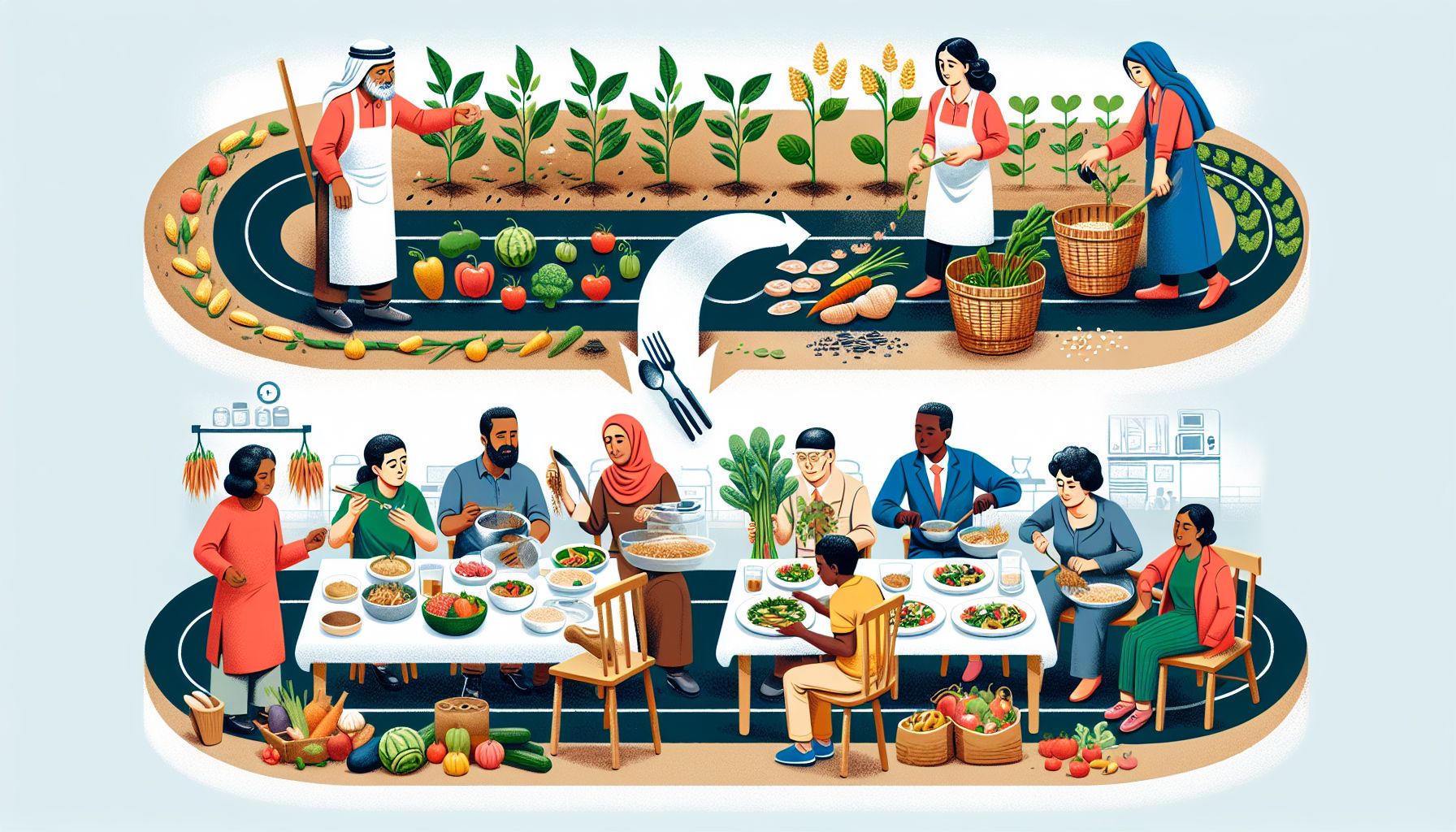Imagine eating a meal where you know the origins of every ingredient on your plate. Where your broccoli, quinoa, and chicken come not just from any farm, but a specific location with a story, a climate, a community. Then pair this with the knowledge of how these ingredients journey from the farm to your plate, through a network of decisions that ripple across local economics, environmental sustainability, and the public’s health. This, in essence, is what encapsulates Food Education. And as consumers become increasingly conscious of their nutritional intake and its implications, translating this awareness into practical knowledge and everyday decisions is the next frontier.
A Recipe for Business Success
In the business realm, Food Education presents a sizeable opportunity. As the global populace shifts towards informed consumption, implementing business strategies that capitalize on this, while simultaneously catalyzing this positive change is beneficial. For instance, leverage technology to provide transparency about a product’s lifecycle and inform customers about what they are eating, where it’s from, and how it gets to them. Companies like IBM are already experimenting with blockchain technology to trace food origins, improving safety, and reducing waste in supply chains.
Smart marketing strategies that highlight responsible sourcing and healthy ingredients can also boost customer loyalty and market share. Similarly, if small businesses adapt to changes in consumer preferences by fostering relationships with local farms and sourcing sustainably, they could manage costs more effectively while also contributing to local economies.
Savoring the Cultural Significance
In the cultural sense, food literacy is more than nutritional facts. It encompasses environmental footprints, local agricultural heritage, and traditional cooking techniques. Thus, foundational education about food production and consumption practices must be incorporated in curricula and community initiatives. Such integration promotes healthier lifestyles, cultural preservation, and sustainability.
Dietary choices significantly influence our health and wellness. For instance, the burden of chronic non-communicable diseases like diabetes and heart diseases, primarily linked to unhealthy diets, is soaring globally. Therefore, ensuring that individuals understand the significance of nutritional content and how varying diet patterns can impact their health is crucial. Interestingly, schools that have incorporated nutritional education programs have reported improved academic performance and physical health among students.
Nourishing Minds and Bodies for the Future
To sum it all up, whether we’re entrepreneurs finding the sweet spot in this rapidly evolving market or consumers making more informed food choices, education in the food domain enriches us all. It not only reshapes our relation with food, tempting us to step out of the comfort zone of easily available processed food but also prompts sustainable practices to reduce the strain on natural resources.
As we unravel these connections, let’s embrace the potential in delving deeper into these aspects of food. Let’s make each meal a mindful journey – from the farm, through the forks, to our cells and the environment – and in the process, contribute to a more sustainable and healthy future. So, shall we dine with a difference today?

